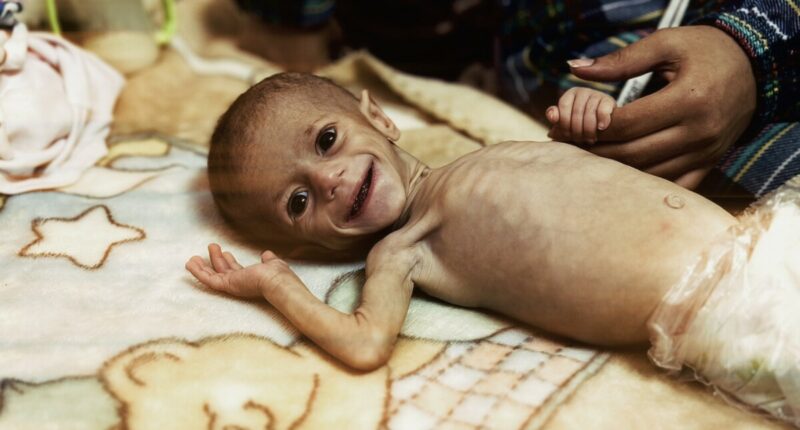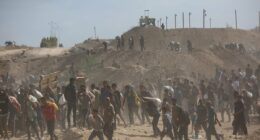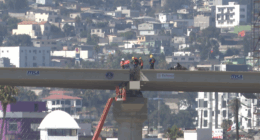Share this @internewscast.com
Two of Israel’s most prominent human rights organizations, B’Tselem and Physicians for Human Rights — Israel, have accused the Israeli government of committing genocide in Gaza, marking a historic shift in domestic criticism and intensifying the global debate over the ongoing conflict.
Why it’s important: This extraordinary claim emerging from within Israel challenges the country’s official stance on self-defense against Hamas. It may impact international legal actions and put strain on diplomatic relations, all while casting a spotlight on the severe humanitarian crisis that Palestinians endure. The significance of the situation is amplified by the findings of the rights groups:
Israel’s assertions that Hamas fighters or members of other Palestinian armed groups were situated in medical or civilian buildings, often without substantiating evidence, cannot warrant or account for such extensive and systematic devastation.
Current developments: On Monday, July 28, 2025, two rights organizations issued a combined statement and a report named “Our Genocide,” claiming that Israel’s military operations in Gaza amount to genocide, a statement that has garnered widespread attention.
- Two of Israel’s best-known human rights groups said Monday that Israel was committing genocide against Palestinians in Gaza, adding fuel to a passionately fought international debate.
- B’Tselem’s report cites the killing of tens of thousands of Palestinians, the razing of cities, the displacement of nearly all of Gaza’s two million people, and restrictions on vital supplies as evidence of intentional destruction.
- The groups argue that Israel’s actions amount to “coordinated action to intentionally destroy Palestinian society in the Gaza Strip,” a stance that contrasts with Israel’s defense at the International Court of Justice.

Catch up quick: The conflict in Gaza escalated following Hamas’s October 7, 2023, attack, which killed 1,200, prompting Israel’s extensive military response. The war has resulted in over 59,000 deaths, according to the Gazan health ministry, and has drawn global scrutiny, including a genocide case filed by South Africa at the International Court of Justice.
The intrigue: The timing of this accusation, as Israel faces growing international criticism and legal challenges, suggests a bold escalation by domestic rights groups, potentially influenced by the mounting evidence of civilian suffering and statements from Israeli officials that could imply genocidal intent.
Between the lines: While Israel maintains its actions target Hamas and comply with humanitarian law, the rights groups’ focus on dehumanizing rhetoric from leaders like former Defense Minister Yoav Gallant—calling Gazans “human animals”—and proposals to drive Palestinians out of Gaza hints at a deeper intent that may align with the genocide definition under international law.
“The report we are publishing today is one we never imagined we would have to write,” Ms. Novak said at a news conference in Jerusalem. “But in recent months, we have been witnessing a reality that has left us no choice but to acknowledge the truth.”
What they’re saying:
- Yuli Novak, B’Tselem’s director, acknowledged the Hamas attack’s severity but argued it triggered an Israeli response that escalated into genocide.
- Israeli officials, including Tal Becker at the ICJ, have countered that the military aims to protect Israeli citizens, not destroy Palestinians.
- Amnesty International has previously concluded that Israel’s actions in Gaza meet the genocide threshold, supporting the rights groups’ claims.
- An Israeli minister’s recent proposal to drive remaining Palestinians out of Gaza has fueled accusations of ethnic cleansing.
- Reports of widespread starvation among Gazans have intensified criticism from Israel’s allies,
- French President Macron’s call for Palestinian statehood reflects growing international pressure on Israel.

The bottom line: The accusation of genocide by Israel’s leading rights groups against its own government demands urgent international investigation and accountability, as the humanitarian toll in Gaza mounts—failure to address these claims risks perpetuating a cycle of violence and moral failure.
















